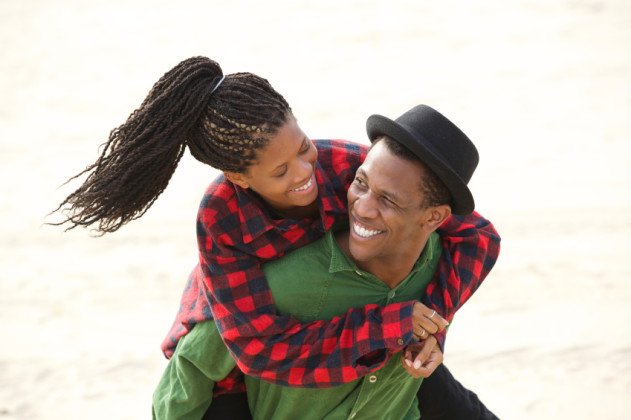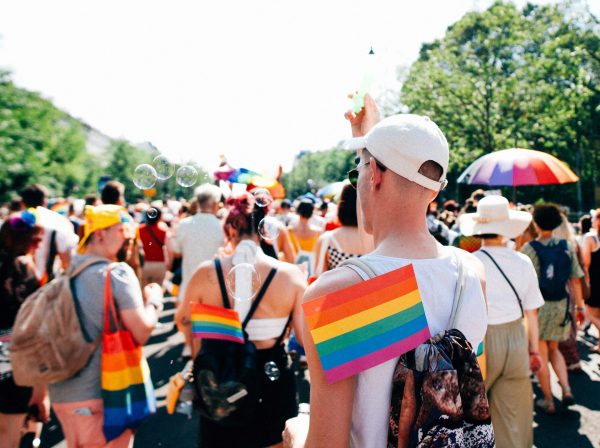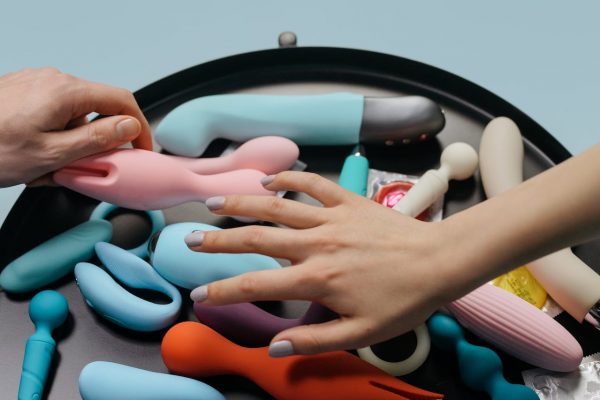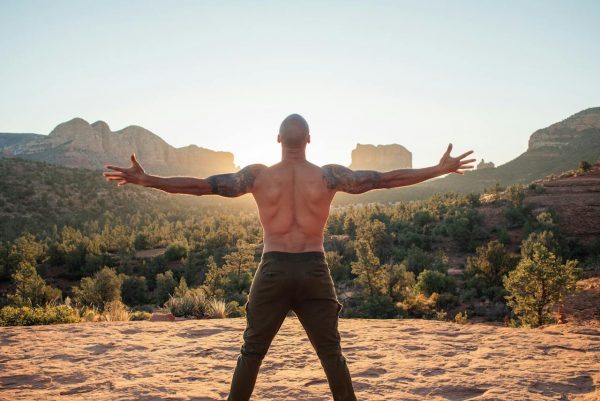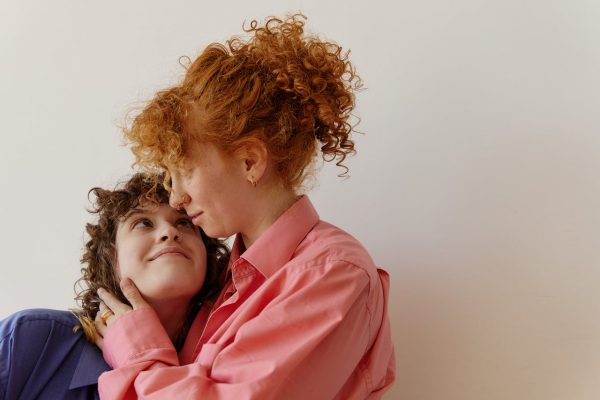A good chunk of the time, there’s some form or another of invalidation by Queer peers when someone identified as Queer is in a ‘straight’ relationship. It’s as if, as soon as you’re in what is widely considered a heterosexual relationship, you’re–gasp!–less Queer than you previously were. In fact, the other day, I stumbled across a ‘PSA’ on Tumblr asking bisexual individuals who are in heterosexual romantic relationships to not go to pride festivals, rallies, or parades. Why? Well, because if you have a relationship perceived as ‘straight,’ apparently you’re no longer queer.
It’s odd, considering this is an argument I’ve heard before from anti-LGBTQIA+ (or just ignorant) groups and individuals: if a bi/pansexual man or woman is in a relationship with a straight (or bi/pan) man or woman, that person is, for the duration of that relationship, straight; when a bi/pansexual man is in a relationship with a gay (or bi/pan) man, they are, effectively gay (and vice-versa for women who are in romantic or sexual relationships with other women). An argument like this is to be expected from ignorant people and LGBTQIA+ opponents (politically, ‘morally,’ or otherwise opposed)–it shouldn’t, however, be expected from those you stand in solidarity with, from those who stand in solidarity with you. But it happens. Like, a lot.
One of the most widespread arguments for pro-Queer rights is the slogan “Love is Love.” Love, no matter what form it takes or what kind of bodies romantic partners have, is legitimate. And it is. Queer sexual and romantic relationships are awesome. Yet, when polysexual individuals enter a relationship with someone who is 1) not queer or 2) a relationship that is a man/woman (cisgender or not) coupling and thus viewed as heterosexual, that slogan often goes out the window–and quickly. Yes, the point of the slogan is Queer liberation and an argument against heteronormative society oppressing us; it is steeped in and centered around Queerness. Well, Love is Love–no matter what form it takes or what kind of bodies romantic partners have–and that does include love between a Queer individual and a non-Queer individual, or a Queer coupling that is perceived as straight due to heteronormativity and, in the case of Queers invalidating these kinds of relationships, homonormativity. (Yes, that’s a thing.)
A sexual or romantic partner does not negate somebody’s Queer-ness. It doesn’t cancel out struggles they’ve faced, obstacles they’ve overcome, or the identity they’ve grown into. They’re not (necessarily) acting on the phenomenon known as compulsory heterosexuality, either. These Queer people are sometimes blocked out of safe-spaces, are sometimes looked down upon, and as mentioned above–not to attend events meant to empower and celebrate our identities.
Like, what? Love is Love, folks. Falling in love is great (if you are romantically or sexually inclined to do so, that is; my rhetoric here isn’t meant to exclude individuals who are asexual or aromantic or both). So, let’s practice what we preach: call out individuals in the community who look down on love that doesn’t exactly fit in a homonormative mold. Because, you know, love is love . . . and in such a scenario I am still queer as Hell.


